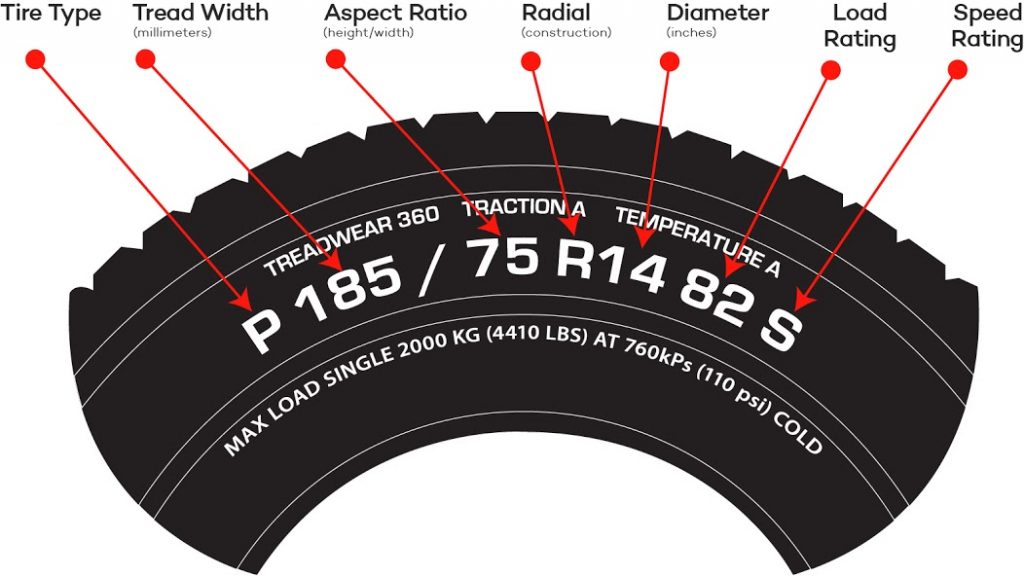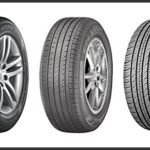All-season tires are designed to provide traction on both wet and dry surfaces in moderate weather conditions throughout the year. They are the most versatile type of tire and can be used in various driving conditions, including light snow, rain, and dry roads.
These tires are designed to balance the performance in different weather conditions by using a combination of materials and treads that can handle both hot and cold temperatures. When it comes to choosing the right tire for your vehicle, it can be a daunting task.
With so many different types of tires available, it can be challenging to determine which one will best suit your needs. All-season tires are an excellent choice for drivers who want a tire that can perform well throughout the year. Unlike summer tires that lose grip in cold and snowy conditions, all-season tires have treads and materials that enable them to maintain traction. In this article, we will discuss all-season tires, their features, benefits, and limitations.

Credit: www.utires.com
Frequently Asked Questions Of What Does All Season Tire Mean?
What Are All-Season Tires?
All-season tires are designed to deliver balanced traction and handling in dry, wet, and light winter conditions. These tires are also optimized for long-lasting, comfortable, and quiet driving experience throughout the year.
Are All-Season Tires Good For Winter?
All-season tires are designed to deliver a safe and reliable driving experience in light winter conditions such as light snow, slush, and light ice. However, for severe winter conditions, you should consider winter tires for optimal performance.
How Long Do All-Season Tires Last?
All-season tires typically last around 50,000 miles before they are worn enough to replace. However, the lifespan of all-season tires depends on various factors such as driving style, road conditions, and maintenance habits.
Can I Use All-Season Tires In Hot Weather?
Yes, all-season tires can withstand the high temperature associated with summer or hot weather. However, you should be aware that driving on hot roads can accelerate tire wear, especially if the tires are under-inflated.
Are All-Season Tires More Expensive Than Other Tires?
The price of all-season tires varies depending on the brand, the size, and the quality of the tire. However, in general, all-season tires are more affordable than performance or winter tires. In addition, they tend to offer better longevity and value for money.
Conclusion
All season tires are designed to provide adequate performance throughout varying weather conditions. These tires have a balanced mixture of rubber compounds, tread patterns, and grooves to ensure safety and comfort on the road. By providing reliable handling and stability, all season tires are a versatile option for drivers in regions with unpredictable weather patterns.
It’s crucial to understand that while all season tires perform well in most weather conditions, they are not specifically designed for extreme winter environments and demanding off-road conditions. Adequate tire maintenance is also critical to ensure longer lifespan, safety, performance, and durability of all season tires.
Overall, by choosing the right set of all season tires, drivers can achieve maximum comfort, safety, and performance all year round without the need for seasonal tire changes.

Tamim Hasan is an experienced content strategist and automotive enthusiast specializing in SEO driven car care guides and practical vehicle maintenance tutorials. His goal is to help everyday drivers understand their cars better and make smarter repair decisions.










